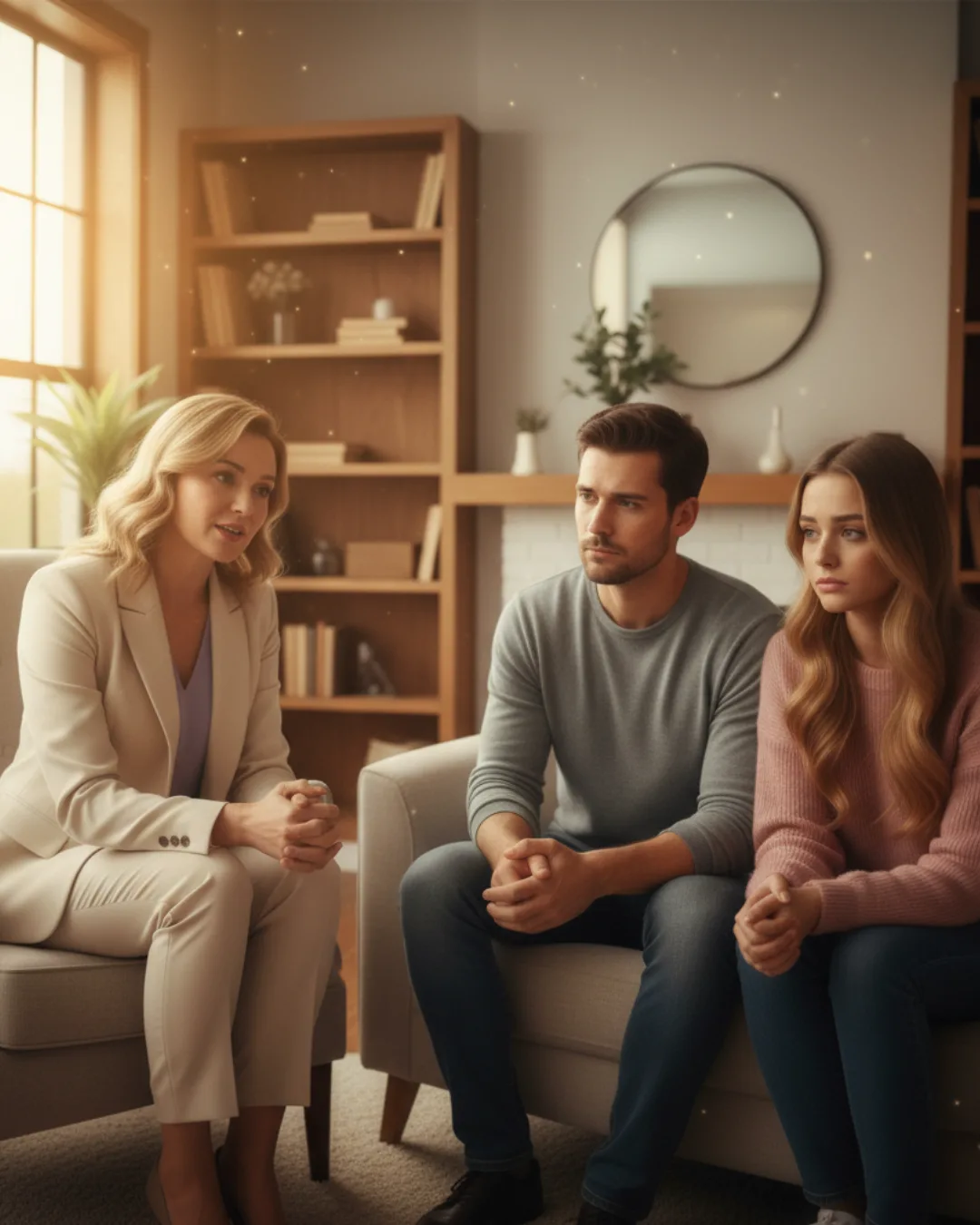It seems like a natural step: “My therapist knows me so well—wouldn’t it be easier if they saw my partner too?”
While it may feel efficient or intuitive, counselling doesn’t work that way. In fact, trying to bring someone else into your therapist’s office—especially someone close to you—can cause more harm than good.
This is where ethics come in: particularly around dual relationships and conflict of interest.

What Is a Dual Relationship?
In the therapy world, a dual relationship happens when a counsellor has more than one role with a client—or with people close to the client. This could look like:
- Seeing you and your partner (or sibling, parent, friend) individually
- Switching from individual work to couples or family therapy
- Becoming your therapist and your partner’s therapist
While it may sound helpful, it actually makes the relationship less clear—and potentially less safe.
Why It’s a Conflict of Interest
Your therapist’s job is to stay neutral, supportive, and fair to you. But if they already know your backstory—your pain, your truth—it’s incredibly difficult to:
- Stay unbiased when meeting someone else in your life
- Keep confidentiality balanced
- Avoid subtle favouritism
No matter how skilled the therapist is, one person is always entering that room with a head start. That changes everything.
When Boundaries Protect Trust
These aren’t just professional rules—they’re boundaries that keep therapy trustworthy:
- For you: You deserve a therapist who stays focused on you, without divided loyalties.
- For your loved one: They deserve a neutral therapist, not someone who’s already heard your version of events.
- For the process: Emotional safety requires clear lines—and blurred lines can quickly erode trust.
Even if it feels like a letdown, your therapist’s “no” is actually a deeper “yes” to doing the right thing.
What the Ethics Say
Across Canada and globally, counsellors are guided by strict ethical codes. These include:
- Avoiding dual relationships when possible
- Maintaining clarity of roles
- Preventing situations where loyalty is divided
A therapist who says, “I can’t also see your partner,” is following the standards that keep your therapy safe, private, and focused.
What If Someone Close to Me Needs Help?
Here’s what you can do:
- Ask your counsellor for a referral to someone neutral and qualified
- Encourage your partner or loved one to find their own therapist
- If couples or family counselling is needed, seek a third therapist who hasn’t worked with either of you before
This may feel like a slower route—but it’s safer, more balanced, and better for everyone involved.
Final Thoughts
It can be frustrating to hear, “I can’t see them too.” But that decision isn’t personal—it’s professional. It’s rooted in care, clarity, and commitment to the work already happening.
When therapy is built on trust, boundaries matter. Saying “no” to dual roles means saying “yes” to ethical, effective healing—for you, and for the people you care about.






